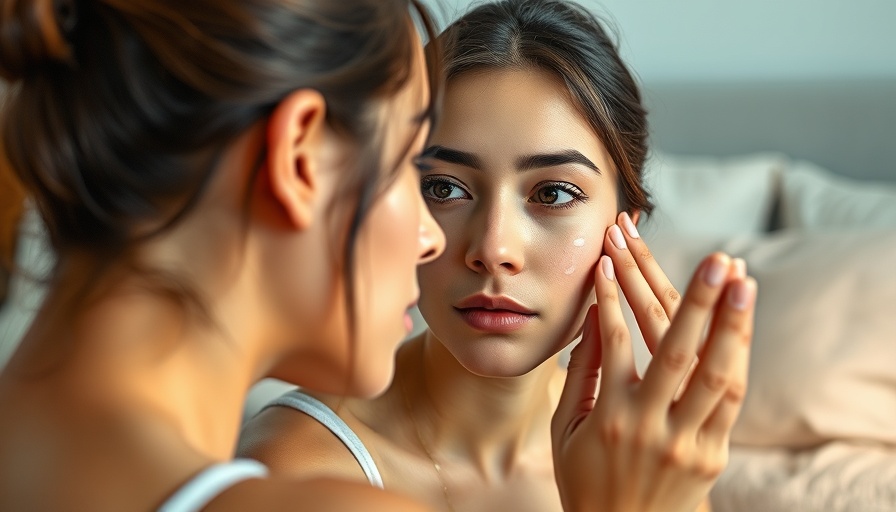
Is Cortisol Face a Legit Concern?
Scrolling through TikTok might make you think your face is a trickster, exposing your stress levels for all to see. The latest buzz? Enter "cortisol face," a term suggesting that your stress hormone could be altering your appearance. But hold on! Is there truth behind this viral wellness obsession?
The Science of Cortisol
Cortisol is the body's built-in alarm system, managing everything from metabolism to immune function. Think of it as your morning brew combined with a safety mechanism. It's essential for converting nutrients into energy and regulating blood pressure. While this hormone is crucial for optimal health, it peaks during times of stress—like an intense friend that’s energizing yet overwhelming when around for too long.
What’s Really Behind “Cortisol Face”?
Contrary to TikTok claims, blaming cortisol for a puffy visage might be overkill. Factors like sleep position, allergies, dehydration, and even the last salty meal you had could easily be the culprits behind your morning facial bloating. So, before you stress-check your selfies, realize that the odds of general stress-induced cortisol face are slim.
The Cushing's Connection: Myth vs. Reality
Let's dissect the reality of cortisol's impact on looks. While conditions like Cushing’s syndrome—caused by prolonged high cortisol levels—can affect physical appearance, this medical condition is incredibly rare, affecting only about 40 to 70 people per million. That's like waiting for a unicorn to appear at your doorstep!
Why Is Cortisol Face Trending?
In an age where anxiety spreads faster than viral cat videos, the allure of “cortisol face” brings a pseudo-medical explanation to our everyday woes. Fear-based content tends to sprinkle urgency into our scrolling habits, drawing comments and shares like honey attracts bees. We want answers, and something like cortisol face seems to hit home, especially in our collective burnout culture.
The Fallout of Misinformation
A trend like this not only preys on our anxieties but offers quick-fix solutions too—think creams and wellness programs that promise instant relief. It feeds into the deep-seated need for quick answers in a society increasingly aware of stress and mental wellness. This highlights a critical challenge: understanding the difference between genuine health issues and viral buzzwords that may lack substantial scientific backing.
Real Solutions for Stress-Related Appearance
Instead of spiraling into panic about cortisol face, let's focus on actionable steps to improve your natural glow. Consider adopting self-care practices that promote holistic health. Regular exercise, balanced nutrition—including plenty of superfoods—and proper hydration can all contribute to both mental and physical well-being. Incorporating mindfulness practices like meditation can also significantly reduce stress levels.
Conclusion: The Path to Wellbeing
In conclusion, while the idea of cortisol face can instigate worries about our appearance, it's essential to ground ourselves in the facts. Maintain a positive mindset and engage in wellness coaching, explore diverse coping mechanisms, and adopt practical health tips that help you thrive. Your face is not a billboard for your stress! Instead, invest time in nurturing your overall health through wholesome lifestyle choices and honest self-reflection. As you navigate this wellness journey, remember to prioritize mental and emotional wellness—because true beauty comes from within.
So the next time you feel the pressure of societal expectations, take a breather. You have the power to shape your well-being more than trending topics ever could!
 Add Element
Add Element  Add Row
Add Row 



Write A Comment